We’re proud to share that:
%
of our interns secured their top-choice for fellowship
%
of our interns stay in integrated care
%
of our interns stay in primary care
%
of our interns stay in the Pacific Northwest for their fellowships
%
of our interns accept fellowships working with the underserved
%
of our interns accept fellowships that allow them to work with medical residents

Whether practicing in urban health centers, rural clinics, community health centers, academic institutions, or policy organizations, our graduates are making measurable, mission-driven impact. They are the embodiment of what’s possible when clinical skill, heart, and innovation meet; which happens daily at CHCW.
We invite you to explore their stories—and imagine your future with us. Because at CHCW, we don’t just train clinicians.
We launch the next generation of leaders who are transforming the field of PCBH.
A Reunion of Impact, Connection, and Celebration
Each year at the Collaborative Family Healthcare Association (CFHA) Annual Conference, the CHCW family comes together for one of our most cherished traditions: the CHCW Alumni Dinner.
This special evening brings together our former doctoral interns and fellows, current and past faculty, and friends of the program for a joyful reunion filled with laughter, connection, and inspiration. We share stories, celebrate the incredible professional journeys our alumni are on, and most importantly—honor who they are as people.
The dinner is more than a meal; it’s a chance to reconnect, reflect on our shared mission, and explore new ideas for collaboration across the growing PCBH community. Whether it’s your first reunion or your tenth, the CHCW Alumni Dinner is a moment to remember why this work—and this community—matters so deeply.

Our Alumni

Amelia McClelland, PhD
Current title and organization:
Psychologist, Behavioral Health Consultant, Clinical Faculty Member for Community Health of Central Washington
How did CHCW prepare you for your current role
CHCW helped me learn how to be a high performing BHC in an integrated setting. It allowed me to work with various populations, ages, and areas of need, it helped me network and find professional outlets to fulfill my areas of passion (CFHA, STFM, etc.) and it has helped me learn how to take action on my goals and make things happen.
What did you enjoy most about your time at CHCW?
I haven’t left yet and that is because of the amazing people I work with and have worked with over the years and the truly integrated nature of our program.
What advice would you give to incoming interns and fellows?
Dive in, be present, say “yes,” get to know your co-workers from all departments because we have some amazing people in our clinics and explore the community there is a lot to offer that you may not see on your first glance.
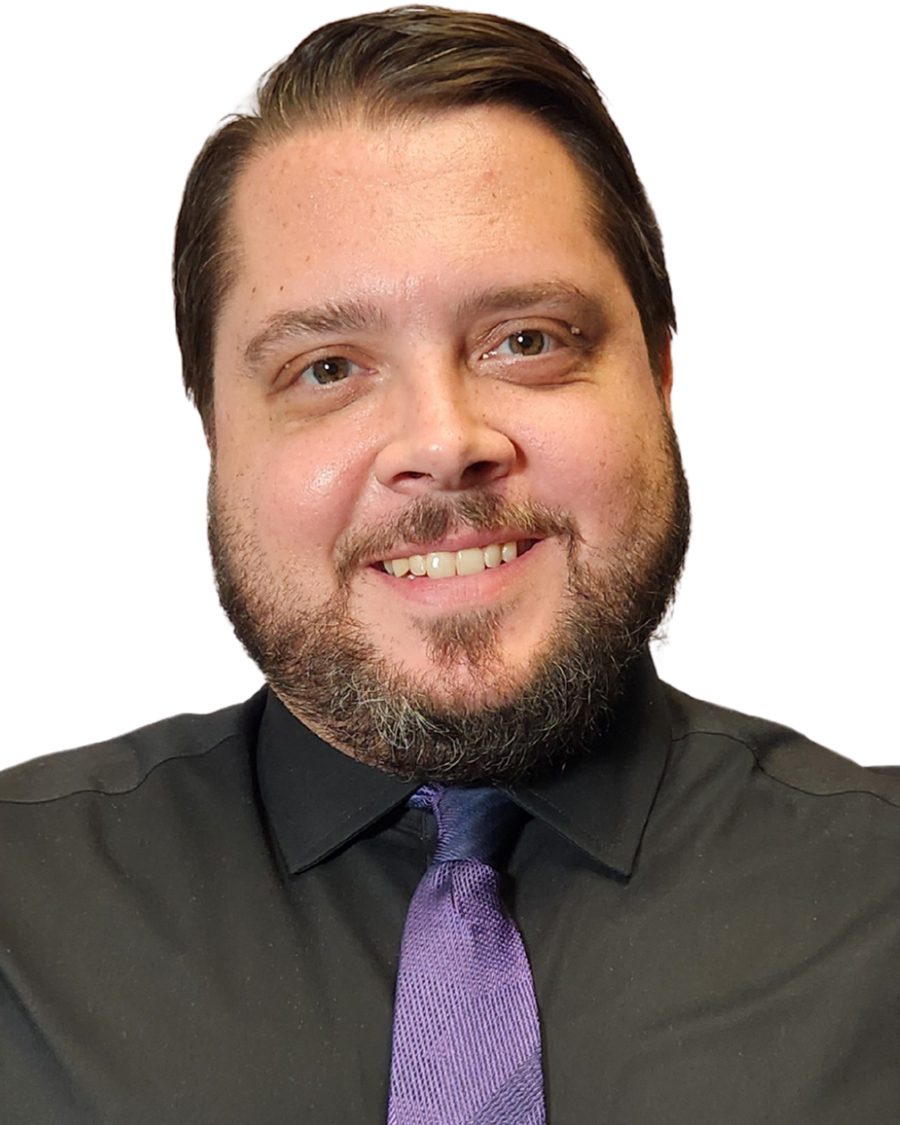
Aaron Bergman, PhD
Current title and organization:
Director of Behavioral Health for the Sioux Falls Family Medicine Residency and the Pierre Rural Family Medicine Residency.
Also, Assistant Professor of Family Medicine and Psychiatry at the University of South Dakota Sanford School of Medicine.
How did CHCW prepare you for your current role
As I gratefully reflect on the various twists and turns that my professional journey has taken, on roads both less and more traveled, I am hard pressed to identify a more formative and impactful experience than my time at CHCW.
Beyond the training, experience, and instilled passion for PCBH, I took from CHCW a much broader curiosity for larger concepts such as the very nature of health and wellness, leadership, innovation, and creativity.
Even in professional settings and contexts that were different from the applied practice of PCBH, I found myself drawing upon these meta skills that I learned at CHCW to succeed in a personally meaningful and gratifying way.
What did you enjoy most about your time at CHCW?
The best feature that I could hope for in any internship is a universally shared value across the organization for training and education.
The people who I spent the vast majority of my waking life with during this time are still some of my greatest inspirations.
In the course of training and professional career, one may be lucky enough to encounter people who facilitate growth, and those who are a genuine joy to be around. At CHCW, I was abundantly lucky to have both.
What advice would you give to incoming interns and fellows?
Celebrate the moment. Everything is a learning opportunity, a laboratory experiment. While there are certainly lessons more easily digested than others, stay open and curious to what each experience can provide.
Growth begins at the edge of our comfort zone.
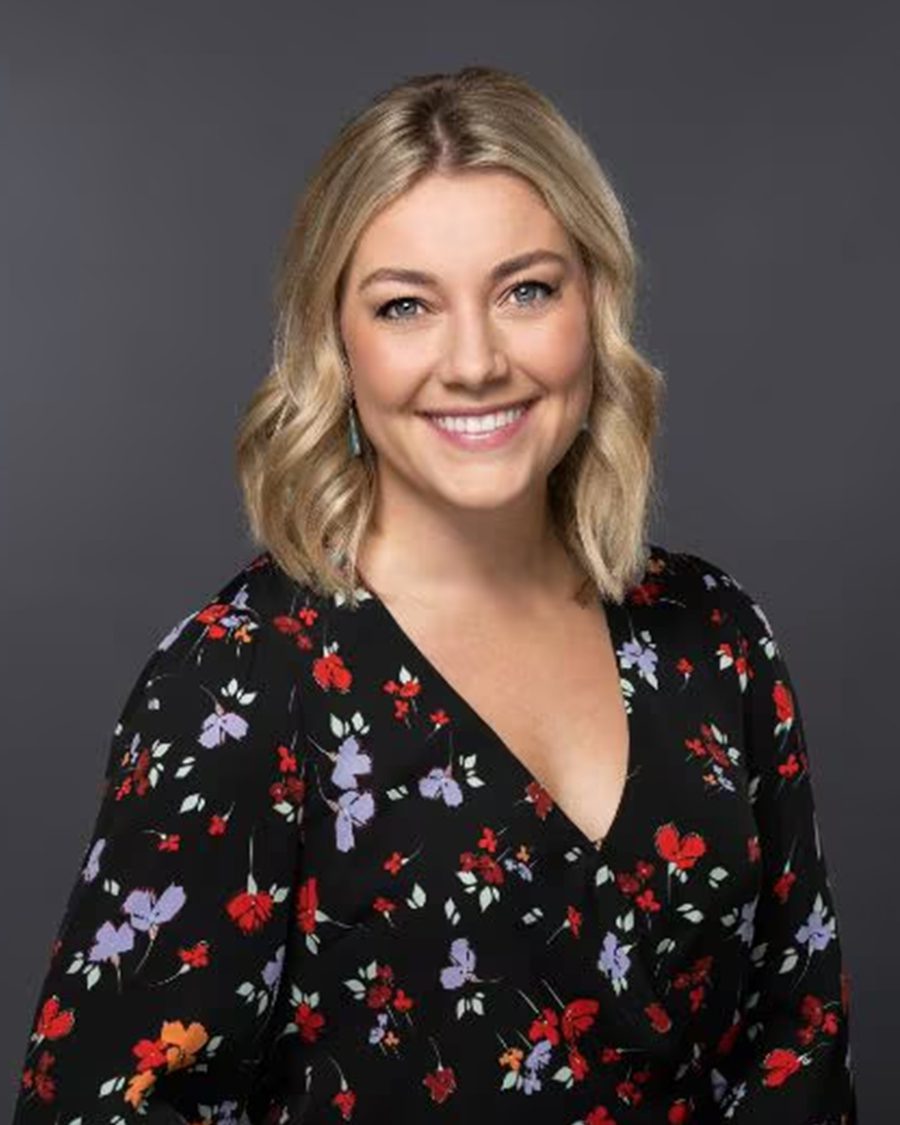
Carly Gysler, PsyD
Current title and organization:
Pediatric Psychologist/BHC/IBH Director at Benefits Health System.
How did CHCW prepare you for your current role
CHCW built my entire foundational knowledge of PCBH. When you know both the “whys” & the “hows” of a model, you not only practice better as an individual but are better equipped to become a leader.
Context is key! This is not only true for our patients, but also for our providers, our leadership, & our staff. Recognizing this is imperative for making any changes, whether at individual or organizational levels.
It is difficult to distill into a few sentences how influential my internship year was in preparing me for not only my current role but also in overall professional development.
What did you enjoy most about your time at CHCW?
Connection! You spend more time with the people you work with than almost any other people in your life. The people at CHCW value connection, value supporting one another in the hard work of providing care to complex humans, and value having fun at work.
Additionally, I personally enjoyed working alongside medical residents, learning from them, and also teaching them.
What advice would you give to incoming interns and fellows?
Stay engaged, don’t hesitate to “rumble” respectfully if you don’t agree or have a differing perspective on something, and take care of yourself.
The work we do involves a lot of giving… giving patience, kindness, respect, attention, time, energy, etc. It is equally as important to take your free time to fill your cup whatever that may look like.
Lastly, remember that you don’t have to know everything, just don’t be afraid to acknowledge those gaps & be willing to learn.
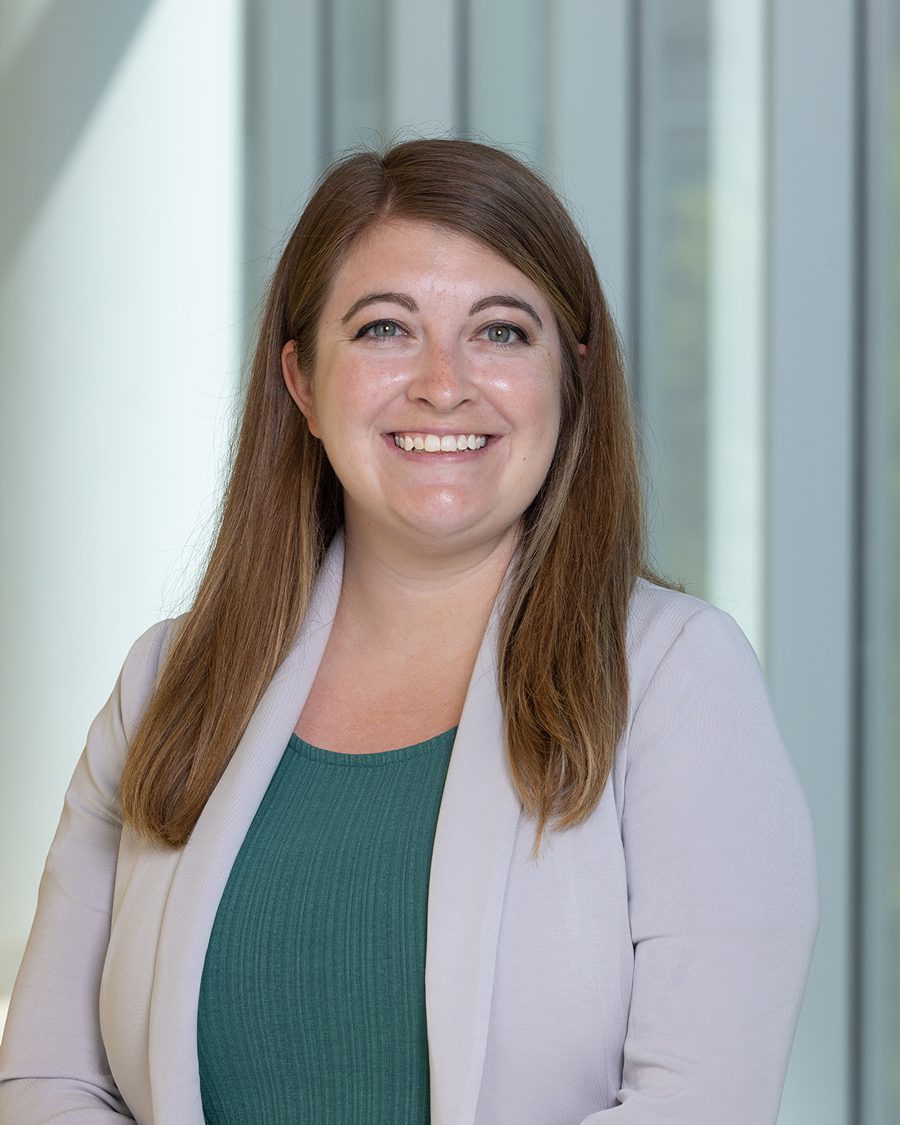
Courtney Legge, PsyD
Current title and organization:
Clinical Psychologist at Shift Healing Health Psychology.
How did CHCW prepare you for your current role
My training year at CHCW prepared me incredibly well for the different experiences I have had in my career so far including primary care, medical specialty clinics, and private practice.
Being trained as a generalist with experience in a fast-paced and team-based environment and a belief that every touchpoint with a patient can make a difference, has positively impacted my work and identity as a psychologist.
The faculty at CHCW does an excellent job of mindfully scaffolding training to ensure one feels confident in their role and ability.
What did you enjoy most about your time at CHCW?
Being supervised and working alongside the inspiring faculty at CHCW was by far my favorite part of my internship.
I also loved experiencing different primary care settings and collaborating with the family medicine residents.
What advice would you give to incoming interns and fellows?
Stay open and curious. You can make a meaningful difference in people’s health even in the smallest of moments.
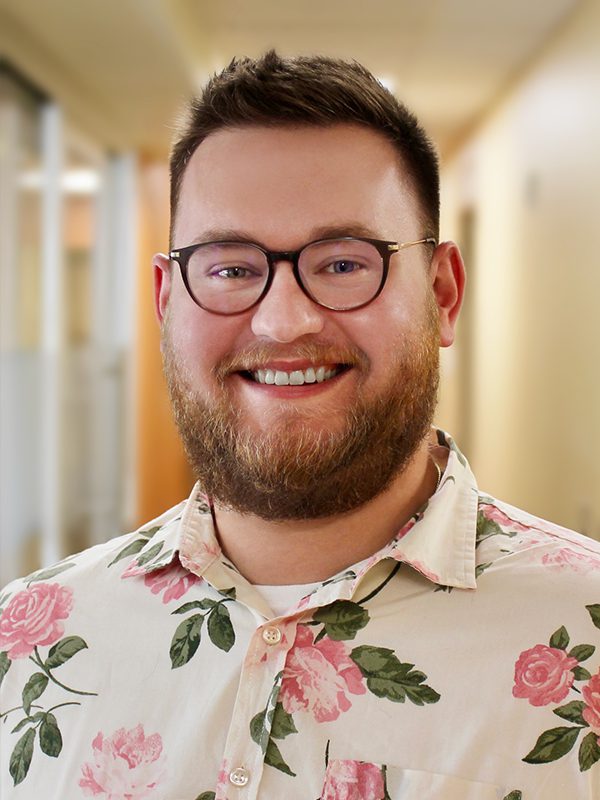
Ryan Grieb-Boggess, MS, NCC, LMHC
Current title and organization:
Behavioral Health Consultant, Core Faculty, Community Health of Central Washington
How did CHCW prepare you for your current role
CHCW provided structural support from within the PCBH department, as well as from the organization as a whole. They helped immensely in providing me with the foundational knowledge about how to do PCBH, work within a primary care facility, and how to talk to physicians and other medical professionals all while becoming one of “them”.
Most importantly, they let me be myself, learning what kind of clinician I wanted to be. They challenged me in ways that I needed challenging while also never making me feel alone in the process of being challenged.
What did you enjoy most about your time at CHCW?
The people – coworkers & patients alike. Yakima, Ellensburg, Naches, Highland and each patient we touch within this community is the part I will always enjoy the most about this organization.
The people I have the privilege of working beside & learning from never cease to put a smile on my face, even on the hardest of days.
What advice would you give to incoming interns and fellows?
One of the first things they’ll tell you is “learn it, then do it well, then do it efficiently” – BELIEVE THIS, they want you to learn how to do this work! The organization as a whole is incredibly supportive of and passionate about this program; they want you to learn it as much and best as possible, even if it takes a while (the learning curve can be steep!).
As corny & cliche as it sounds, trust the process. It won’t always be fun, it won’t always be easy, AND it probably wouldn’t be worth it if it was always fun & easy
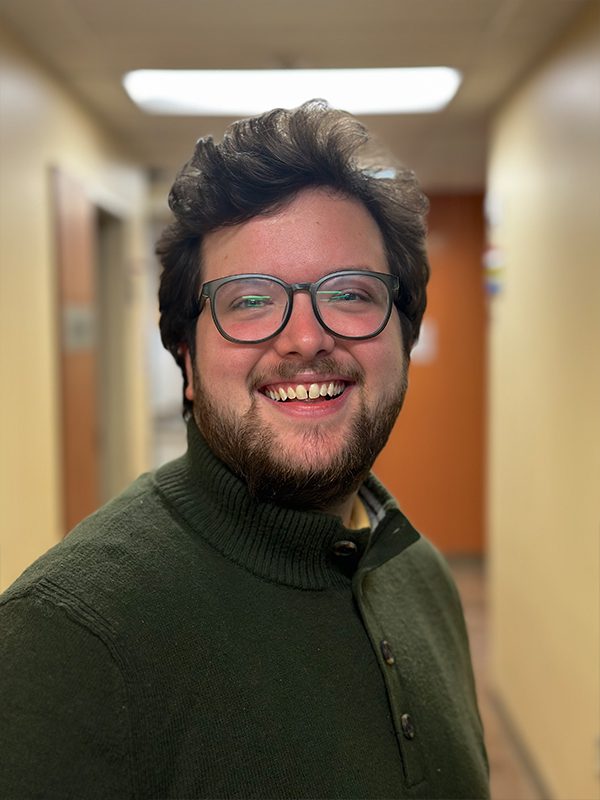
Emilio Zalzman Leon, PsyD
Current title and organization:
BHC Fellow at CHCW
How did CHCW prepare you for your current role
CHCW helped deepen my understanding of what role BH can play in medical care, and how I can better reach and support my community.
What did you enjoy most about your time at CHCW?
The team, and the ample opportunity to try new and exciting things collaboratively.
What advice would you give to incoming interns and fellows?
Let yourself do the uncomfortable thing and sit in the discomfort, that’s where growth lives. Just trying things out is an exciting part of this experience!
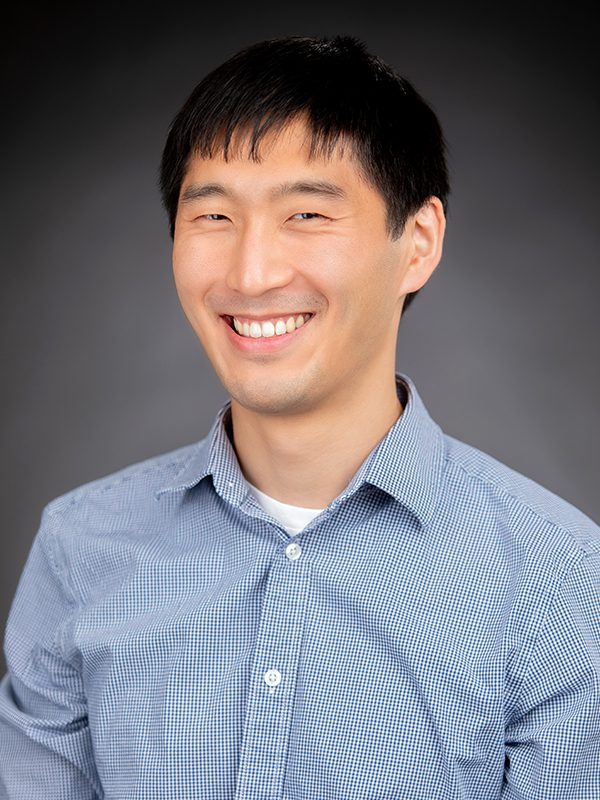
Brandon Matsumiya, Ph.D.
Current title and organization:
Integrated Pediatric Behavioral Health Provider, Psychologist, Providence Swedish Medical Group
How did CHCW prepare you for your current role
CHCW gave me a wide range of experiences in PCBH that allowed me to start the PCBH service at my pediatric clinic, as well as handle any situation I could imagine occurring from high-risk cases to exceptionally difficult traumatic experiences because I had already experienced something similar at CHCW.
The supervision at CHCW also was of such high quality compared to other sites I had been at that I still use it as a reference for providing my own supervision to trainees.
Lastly, the experience of growing with the medical residents gave me a lot of insight into the medical training model which has been helpful in my own work with medical residents at Providence Swedish.
What did you enjoy most about your time at CHCW?
I enjoyed how highly integrated and ESSENTIAL the PCBH team was for the medical organization as a whole. It gave me a template in my mind that I continue to refer back to in terms of how I am promoting the use of PCBH as an essential service, not just a “nice to have.”
What advice would you give to incoming interns and fellows?
As cliche as it is, lean into the experience as much as possible. I cannot think of a better experience I could have had for learning PCBH, but that was because I jumped at the opportunity to get every WHO, took on harder cases to learn, as well as fell flat on my face more times than I could count.
The beauty of CHCW’s training program is you can get as much as you want out of it and you have the opportunity to talk to supervisors who have a variety of positions (e.g., Dr. Beachy as the director gave a fantastic glimpse into the administrative side of PCBH/medical organizations).
Ask all the questions, be courageous in talking about your areas of growth, and use this experience to steal as many tips, tricks, and habits as you can to build up your own professional practice, not only clinical but also administrative and professional development.
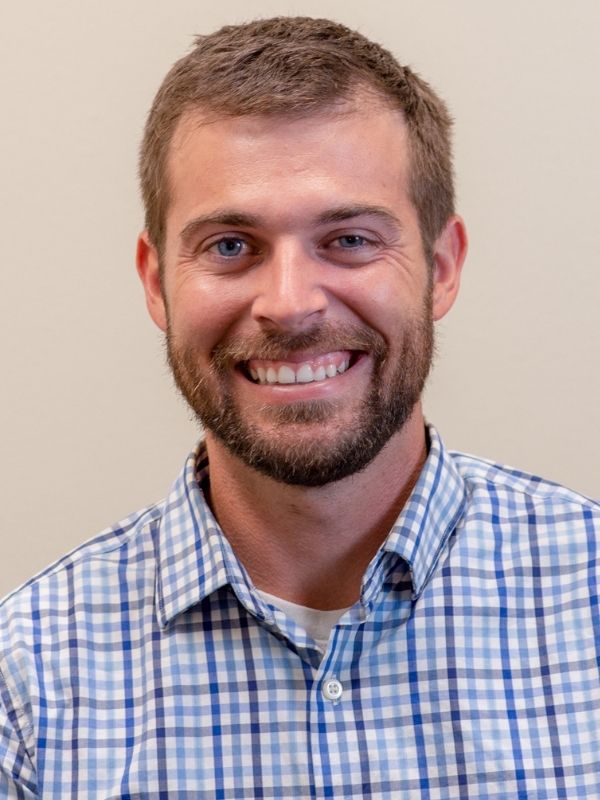
Will Summers, PsyD
Current title and organization:
Assistant director at Ascent Psychology (in Medford NJ), adjunct professor at Rowan University (I teach Theories/Techniques of therapy and Intake/Interviewing Skills, leaning heavily on the skills I honed at CHCW)
How did CHCW prepare you for your current role
CHCW prepared me by giving broad exposure to a number of presenting concerns and a deeper appreciation of the reciprocating relationship between emotional and physical health. As such, I feel comfortable offering single session/brief therapy to a wide array of people and presentations.
What did you enjoy most about your time at CHCW?
It is hard to pick one specific aspect between phenomenal supervision, undeniably supportive staff/coworkers, and the community of Yakima in general…but if forced to pick one, I think I enjoyed feeling like the work we were doing (as BHCs) was deeply valued among both the patients and staff.
What advice would you give to incoming interns and fellows?
Find a way to be grateful for the difficult days or “flops” of sessions that you conduct. They will serve to build your resilience and wisdom as a clinician if you let them.
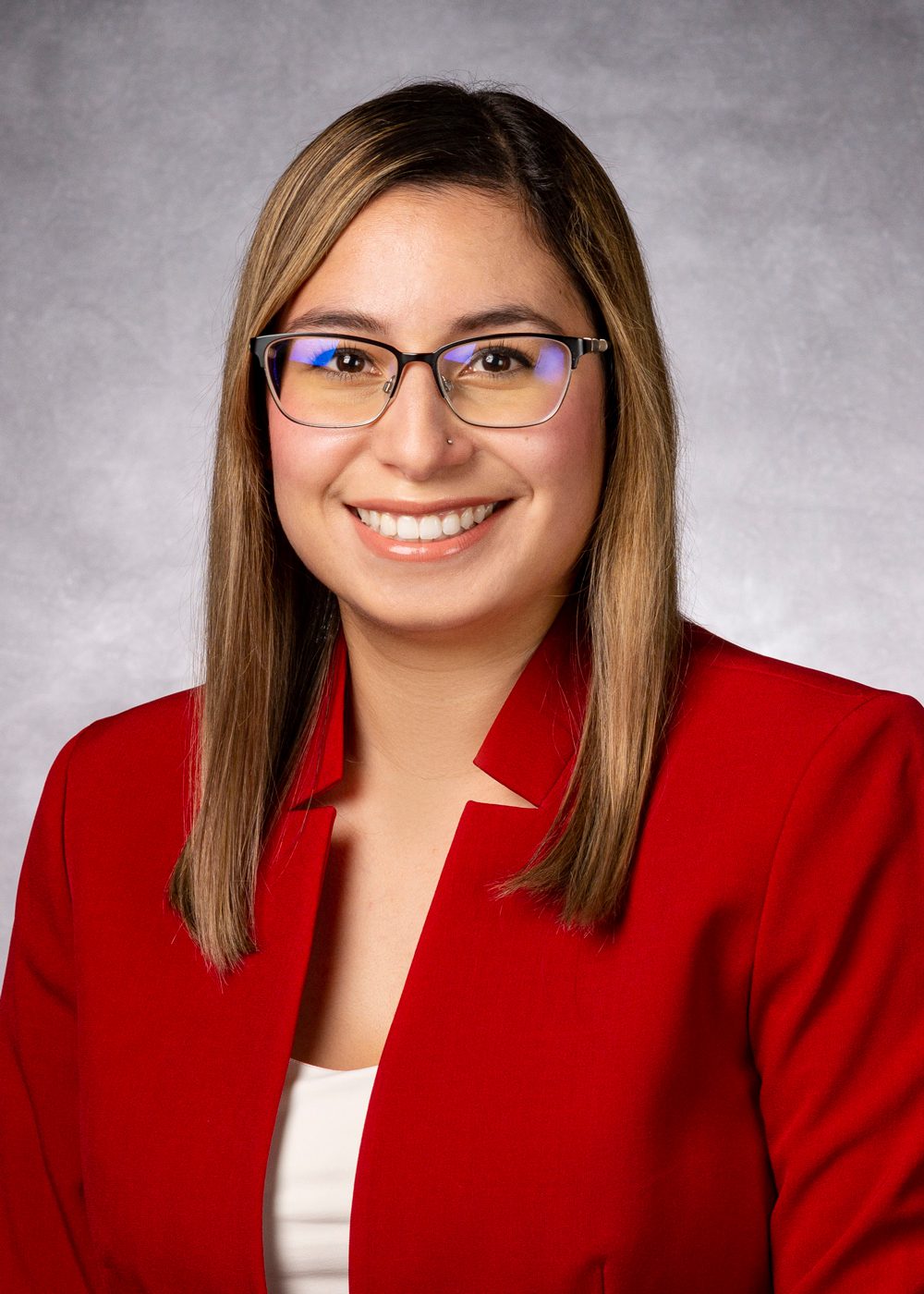
Alyssa Gonzalez, BA, MEd, PhD
Current title and organization:
Assistant Professor, The University of Texas MD Anderson Cancer Center
How did CHCW prepare you for your current role
CHCW expanded my clinical experiences to include adults, as my previous training focused on work with children, adolescents, and young adults. My training developed my competency and confidence as a clinician and has heavily influenced the way I currently practice, given the nature of the work I do in palliative care.
What did you enjoy most about your time at CHCW?
During my time at CHCW, I enjoyed the geography of the Pacific Northwest and ability to easily connect with nature. Most notably, I enjoyed growing personally and professionally and building relationships with the residents in my cohort with whom I have remained connected.
What advice would you give to incoming interns and fellows?
During your time at CHCW, take advantage of the opportunity for growth. Pursue new experiences even if you feel you “failed” at them. This will teach you about practicing psychology and yourself. Learn what you are passionate about and find ways to engage in self-care, as they will help you connect to your “why” and sustain you throughout your career. Your time at CHCW is likely one of the last opportunities you have to explore new interests with this level of structure and support, so embrace it!
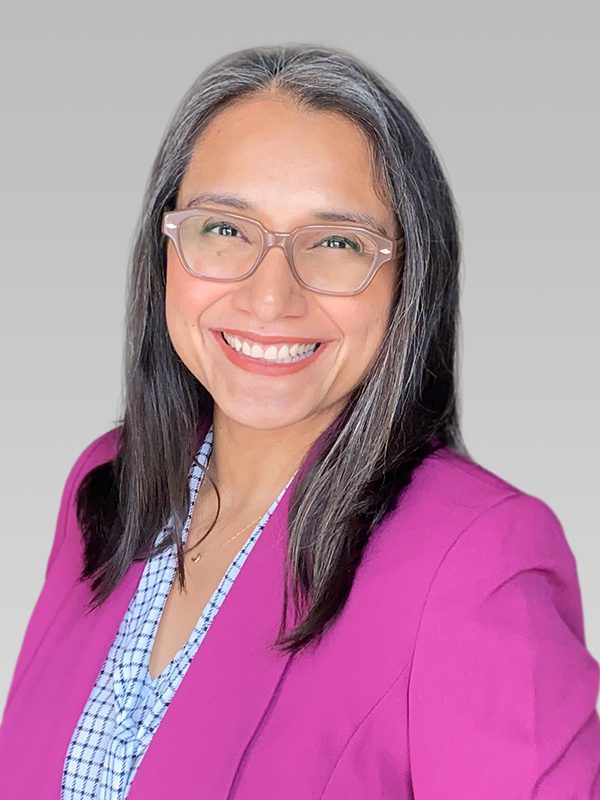
Gabriela Gibson-Lopez, PsyD
Current title and organization:
Behavioral Health Consultant, Brooke Army Medical Center
How did CHCW prepare you for your current role
Training across family medicine, pediatrics, and rural clinics strengthened my adaptability and generalist skills. Shadowing residents and offering feedback on patient-centered communication enhanced my ability to teach and support family medicine providers in delivering more holistic, patient-focused care. it also augmented my skills in brief, evidence-based interventions, specifically FACT, and provided a strong foundation in interdisciplinary collaboration and quality improvement.
What did you enjoy most about your time at CHCW?
Hard question as there were many things that I enjoyed during my time at CHCW… the short commute, the scenic drives, the cooler temperatures, the delicious food, and working and learning alongside individuals with shared values for compassion, inclusion, equity, high quality care, and education.
What advice would you give to incoming interns and fellows?
Don’t be afraid to feel uncomfortable. Challenge yourself to ask questions and try new things out. Also, don’t procrastinate on the EPPP! You’ll feel much better once it’s over. Plus, it can speed up the licensure/hiring process after fellowship.
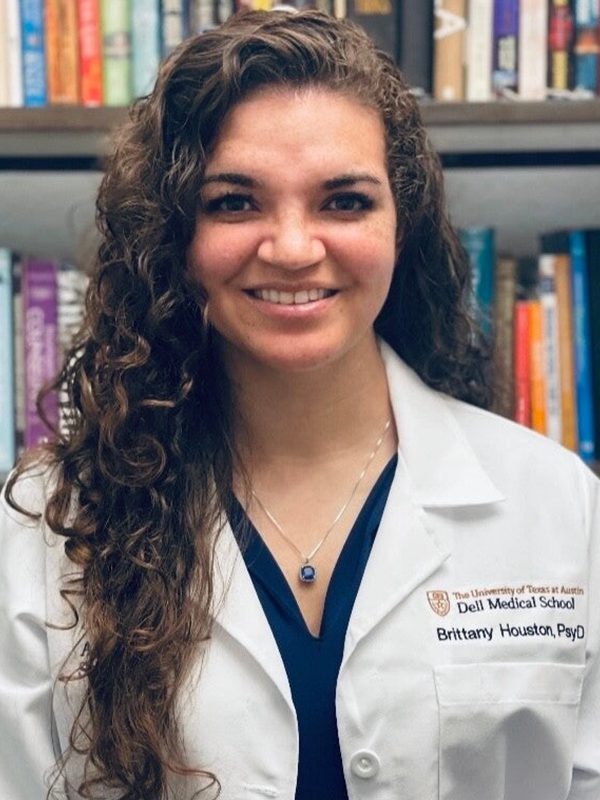
Brittany Houston, PsyD
Current title and organization:
Behavioral Science Director, Ascension Seton/UT Austin Dell Medical School
How did CHCW prepare you for your current role
CHCW specific attention to leadership and residents education during my fellowship provided me with the insight and skill to obtain a Director position directly after their fellowship.
What did you enjoy most about your time at CHCW?
I enjoyed the passion for PCBH and serving our patients. CHCW does a great job staying true to their values and having fun.
What advice would you give to incoming interns and fellows?
Ask a lot of questions, soak everything in, and take risk while you have support.










